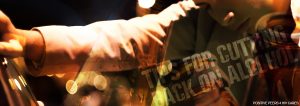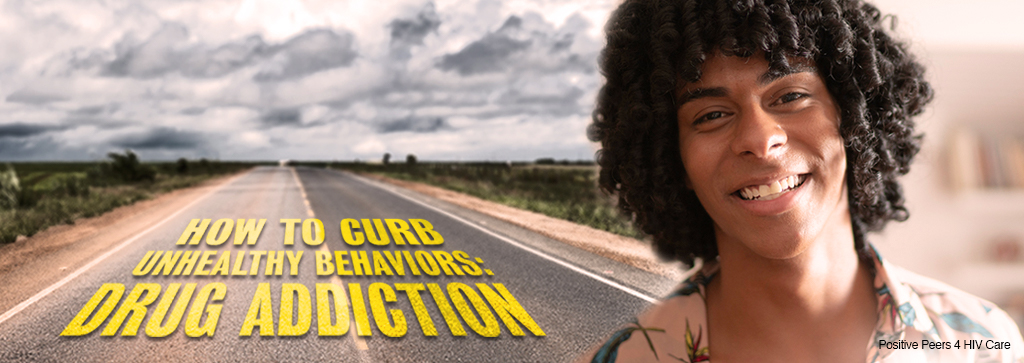
By: Ann K. Avery, MD, Infectious Disease Physician at MetroHealth Medical Center
If you’re reading this, there might be something in your life you want to change. Today, we’re going to talk about your relationship with drugs and what you can do to change it.
Even making simple changes, like trying to watch less TV and read more or cooking more nights of the week, can be challenging. It’s hard to introduce something new into your life no matter what it is, but something like addiction is a lot more difficult to change.
It’s a process and happens in stages. Addiction is an illness and like all chronic illnesses, requires care over time. Improving your health, well-being, and happiness will make the hard work worth it.
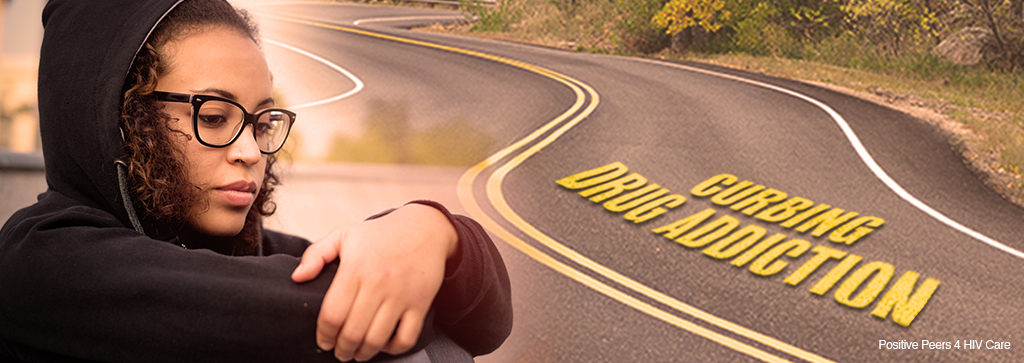
Curbing drug addiction
So what are some things you can do to help with drug addiction? The most important thing is to concentrate on why you want to change this aspect of your life. It could be because you want to set a good example for your kids or younger siblings. It could simply be for yourself, which is also a great reason. When things get tough, hold onto your reasons for wanting to change.
Another thing that can help is to think about the past. Have you attempted recovery before? If you have, consider what worked for you and what didn’t. What caused you to relapse? Figuring out the things that stress you out or trigger you will help you anticipate them and be prepared for any future temptation. You may also want to remind yourself of the harmful consequences of your drug use. Did you get an OVI? Catch a case? Thinking of those consequences when you think about using drugs can make you pause and think twice.
Setting goals for yourself is also helpful. Make sure your goals are specific and measurable. Write down a start date and how you plan to limit your use and be safer when using drugs. Keep your goals realistic. Maybe getting clean tomorrow isn’t realistic, but a future date is. If your goals aren’t realistic, you’re setting yourself up for failure. That’s discouraging while in recovery.
Come join our private, stigma-free, supportive community.
Health management tools with medication & appointment reminders.
Social networking in a community conversation & private chats.
Internal and external triggers
One of the biggest reasons for relapse is having reminders of drug use in your life. Reminders are often triggering during recovery. There are two types of triggers, internal and external.
Internal triggers are the emotions and thoughts that are connected to your drug use. These include:
- Negative emotions like anxiety, guilt, fear, and being overwhelmed
- Normal feelings like embarrassment, boredom, loneliness, and sadness
- Positive emotions like happiness, sexual arousal, and wanting to celebrate
Keep in mind that these aren’t the only feelings that can trigger drug use.
External triggers are the people, places, things, and situations that remind you of using. So what do these include?
- People - including any friends, family, or anyone else you’ve used with in the past. Seeing your dealer is also a huge trigger.
- Places - anywhere you’ve previously used drugs, such as bars and clubs, a friend’s house, or public bathrooms.
- Things - the objects that, when you see them, remind you of past drug use. These can be a ton of things, but some common ones are pill bottles, paraphernalia, and movies, and TV shows that include drug use.
- Situations are the stressful conditions that you may have used in the past. Some common ones are the anniversary of a loved one’s birthday or death or when people around you are socially drinking. For some people, getting a paycheck can trigger thoughts of wanting to use.
Keep in mind this isn’t a complete list of people, places, things, or situations that may be triggering for you.
Telling your loved ones that you want to get clean is incredibly helpful. Research shows that having close relationships with your friends and family makes people less likely to use. It’s good to have close, trustworthy friends and family that you can talk to about your struggles during recovery.
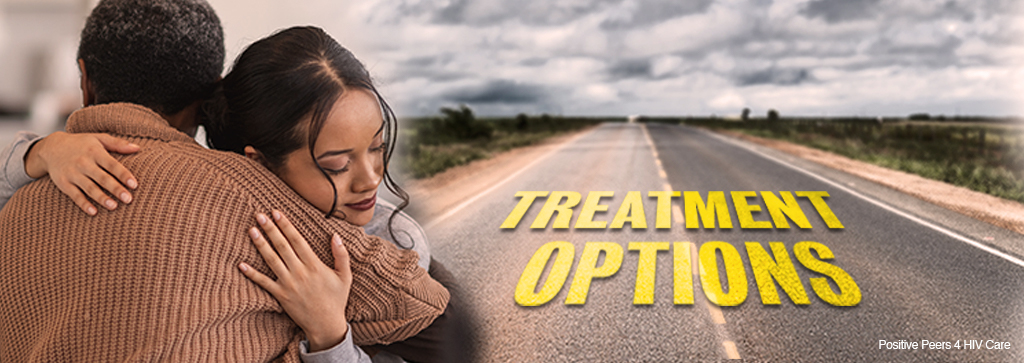
Treatment options
As far as treatment options, there are quite a few out there to choose from. They include:
- Inpatient rehab
- Outpatient rehab
- Therapy and counseling
- Sober living houses
- Faith-based treatment
- Addiction treatment medications
- Drug and alcohol detox (detox is only for those who use alcohol, opiates, and/or benzos)
- 12-step programs like AA (Alcoholics Anonymous) and NA (Narcotics Anonymous)
Something that holds a lot of people back is not realizing how severe continuous drug use is, and the lifelong consequences. Gaining insight on this is helpful because it’ll make you more determined during treatment.
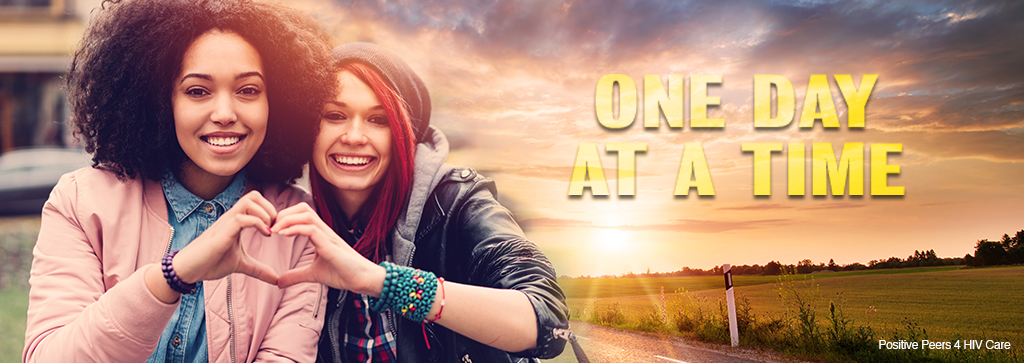
One day at a time
It’s a journey to change your habits and takes a lot of hard work and time. Unfortunately, there aren’t any quick fixes when it comes to recovery. It’s a process. Sometimes you might face setbacks during recovery, but that’s why you take it one day at a time.
We know you can do it. Just for today. You just have to believe it too.
Related Blogs:


